Defra announced the survey at its third business readiness forum yesterday (7 February), where it also discussed its recent ‘visioning sprint’ for extended producer responsibility (EPR) for packaging.
In the response to EPR published in March 2022, the government confirmed it would require producers to cover the cost of managing packaging likely to be disposed of in street bins. These bins are defined as those managed by a local authority (see letsrecycle.com story).
To calculate their obligation, producers will need to report the total weight of ‘commonly binned’ items they have placed on the market by material category.
Administrator
Jack Ambler, Defra’s team leader for packaging EPR, told the forum that an as yet unappointed scheme administrator would use this information to identify which producers would be obligated for street bin waste payments and how much each would be charged. The administrator, which is likely to be a public sector body, is expected to be fully operational in 2024.
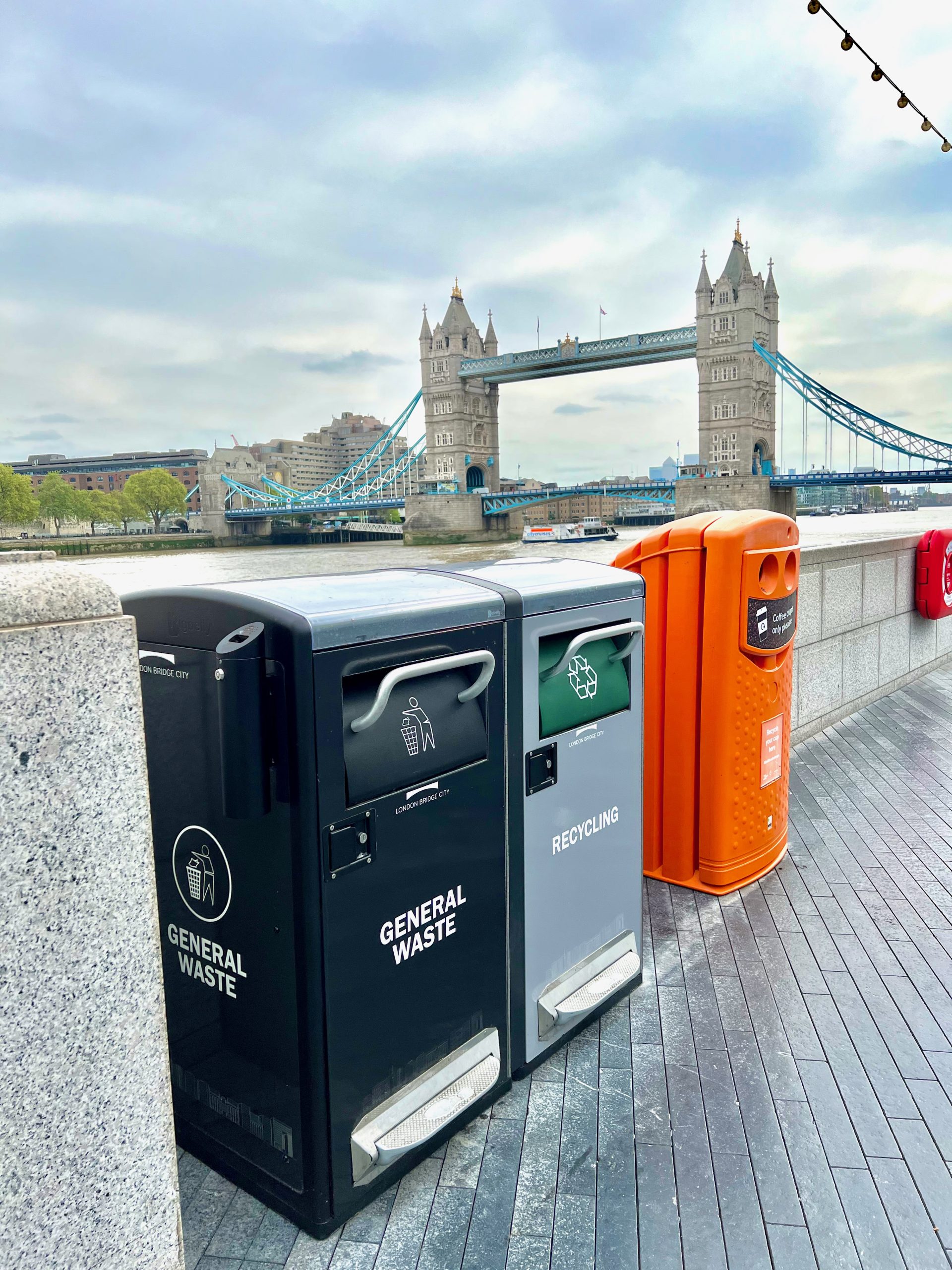
Producers will not need to know exactly how many commonly binned items end up in a bin, Mr Ambler said, as the scheme administrator will determine the proportion that do and base each producer’s obligation on these calculations.
“We’re not expecting producers to report the amount that they think has ended up in a bin,” he said.
“Rather, we want the total amount that matches the descriptions on the ‘commonly binned’ list.”
Producers will also be required to cover the cost of communication activities aimed at preventing packaging from being littered.
Commonly binned items
In late November, Defra published a draft statutory instrument in parliament setting out how businesses would submit data for EPR (see letsrecycle.com story).
The draft legislation sets out that brand owners, packers, importers, distributors and service providers must report packaging for commonly binned items such as:
- Takeaway food, such as wraps, boxes, bags and paper
- Confectionery weighing less than 230g, such as chewing gum and chocolate
- Crisps and other savoury snacks that weigh less than 60g
- Single portions of ‘ready to eat’ food that does not need any preparation, such as sausage rolls, sushi, sandwiches, individual cakes and biscuits
- Takeaway drinks, such as cups, cup holders and straws
- Cartons holding up to 850ml of drink that does not need to be diluted
- Tobacco products, such as cigarettes, cigars, tobacco and e-cigarettes
Mr Ambler said the current list of commonly binned packaging items was determined from a study carried out by Keep Britain Tidy in 2020.
UK
Mr Ambler said the government’s approach to binned waste was UK-wide and would be reviewed in 2026/27.
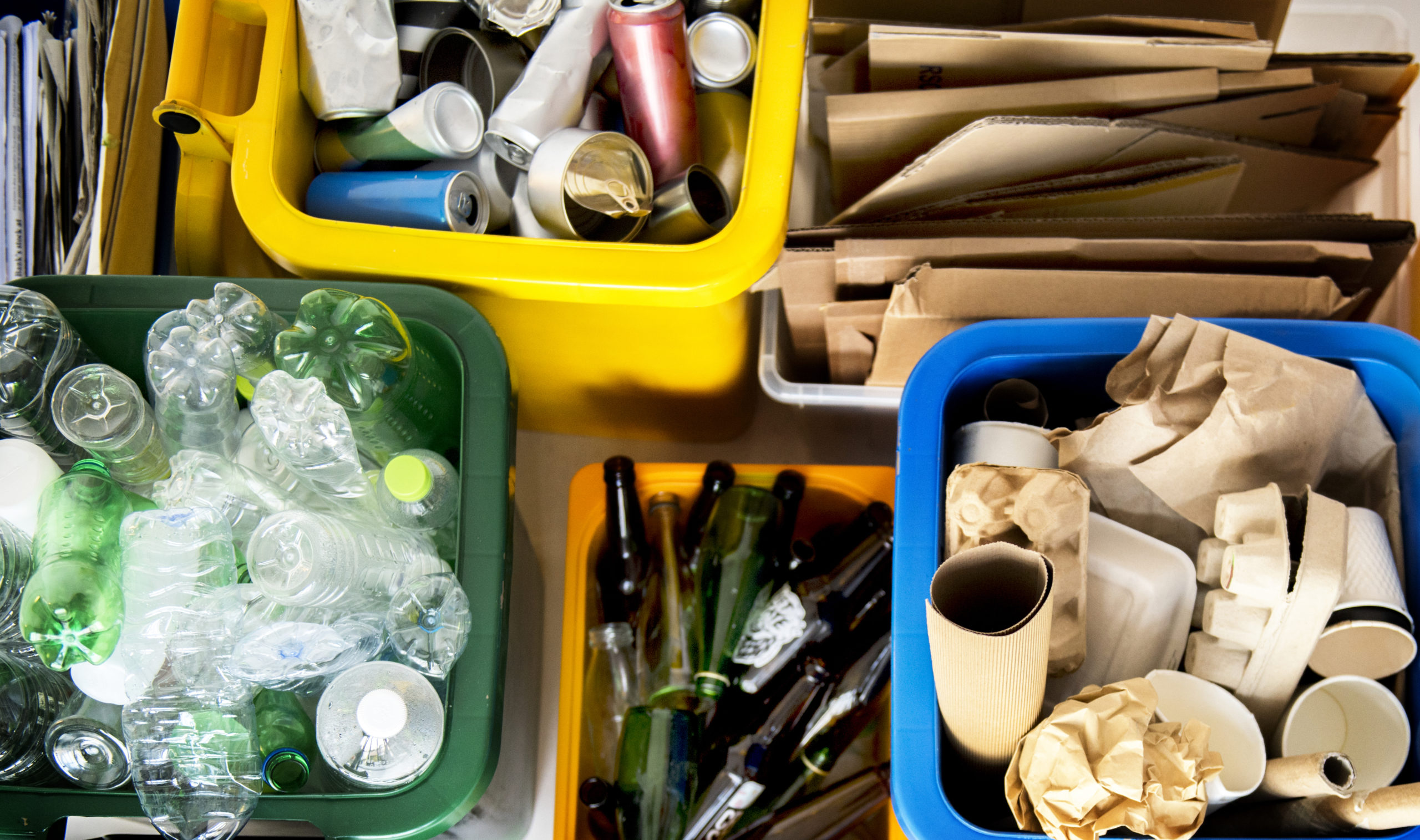
However, the situation with litter and packaging is complicated by the fact that payments for packaging dropped on the ground as litter are not in scope of the UK approach. Mr Ambler said this was “primarily due to concerns around the complexity of administering such an approach”. Payments to any bodies other than local authorities are also out of scope.
However, in March 2022, the Welsh and Scottish governments committed to exploring how payments for littered packaging could be implemented. Mr Ambler said costs would be limited to packaging placed on the market in Scotland and Wales only.
Visioning sprint
The business readiness forum also discussed Defra’s recent visioning sprint, a one-day event held on 26 January looking to set strategic ambitions for EPR in 10 years’ time (see letsrecycle.com story).

Attended by more than 70 organisations, the sprint identified 12 ‘key themes’ for EPR which future workshops will explore in further detail. The 12 themes included: reducing emissions; increasing re-use; easier recycling; transparent policy; UK-wide alignment; cost efficiency; agile and representative governance; data; innovative and flexible infrastructure; consistent communications; accountability; and producer-led investment.
Feeding back on the sprint from an industry perspective, Stuart Hayward-Higham, chief technical development and innovation officer at waste management company Suez Recycling & Recovery UK, said there was “a little bit of bloodletting” early on from producers who felt they did not know enough about the requirements for the immediate future.
Reflecting on the entire day, Mr Hayward-Higham added: “There was a common desire to have a best system. There was a common desire to understand how the infrastructure needs to be deployed, built, rejuvenated, evolve.
“There were lots of questions about how citizens will engage in behaviours because we know without those behaviours the system is going to be less than efficient. There was a desire to be efficient, minimum cost and maximum outcome.”





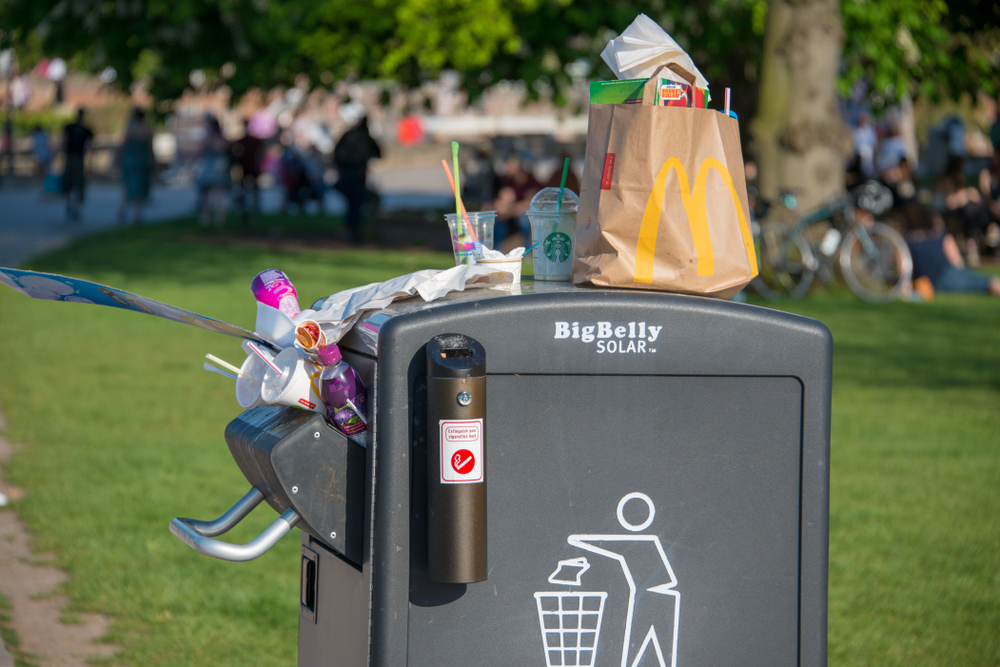

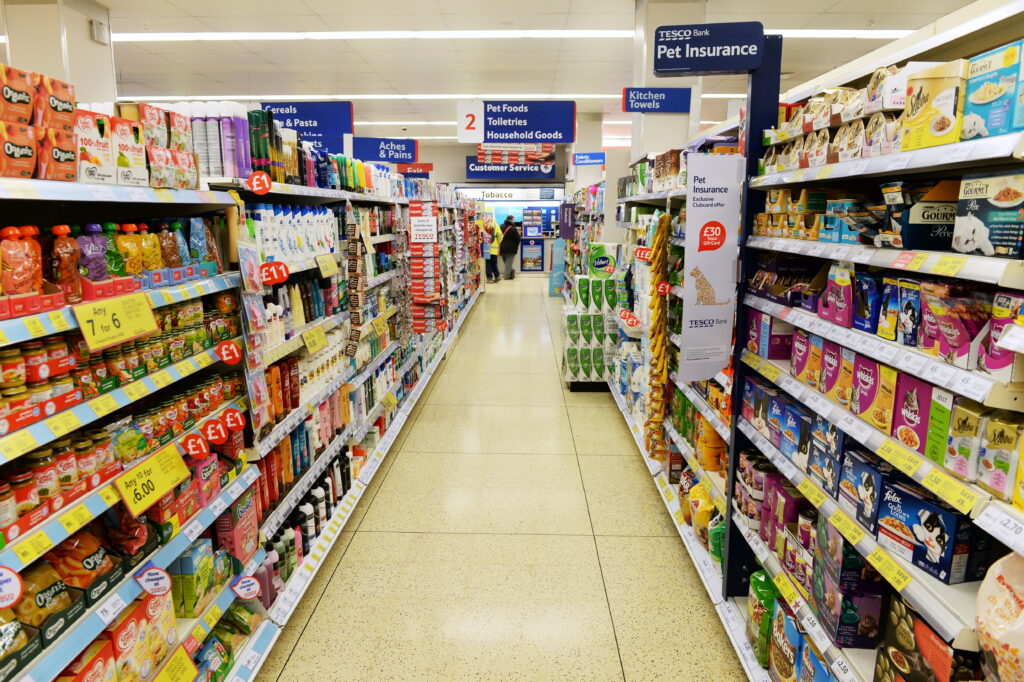
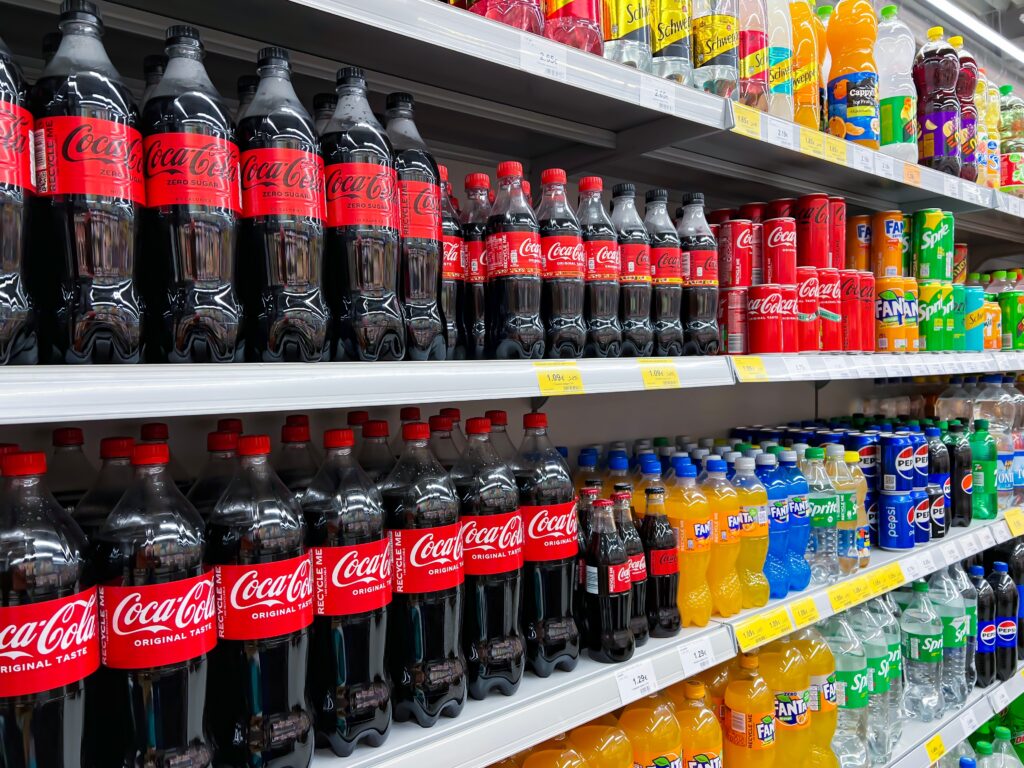
Subscribe for free